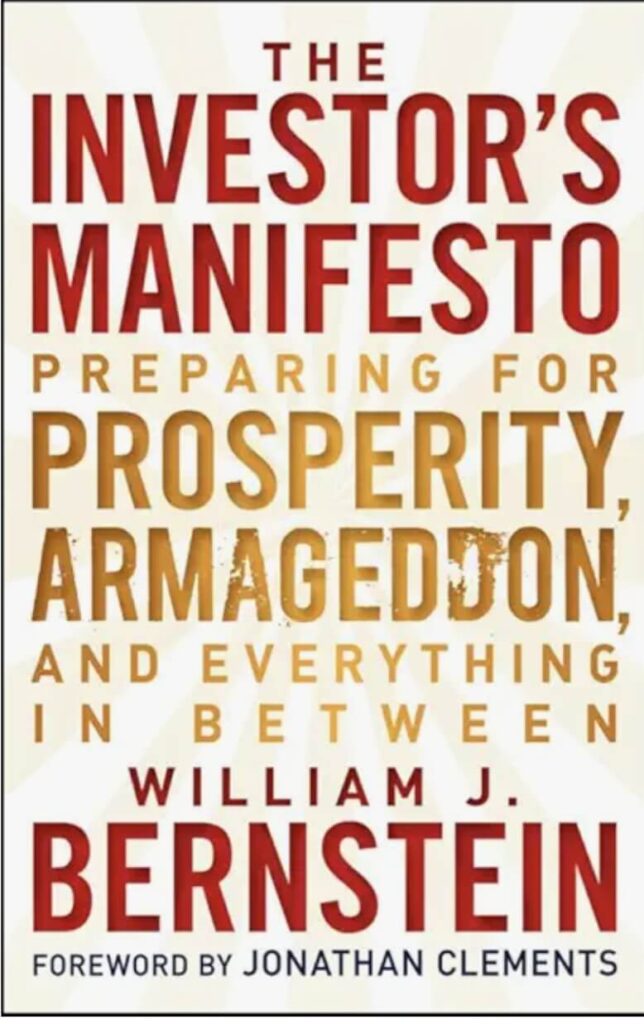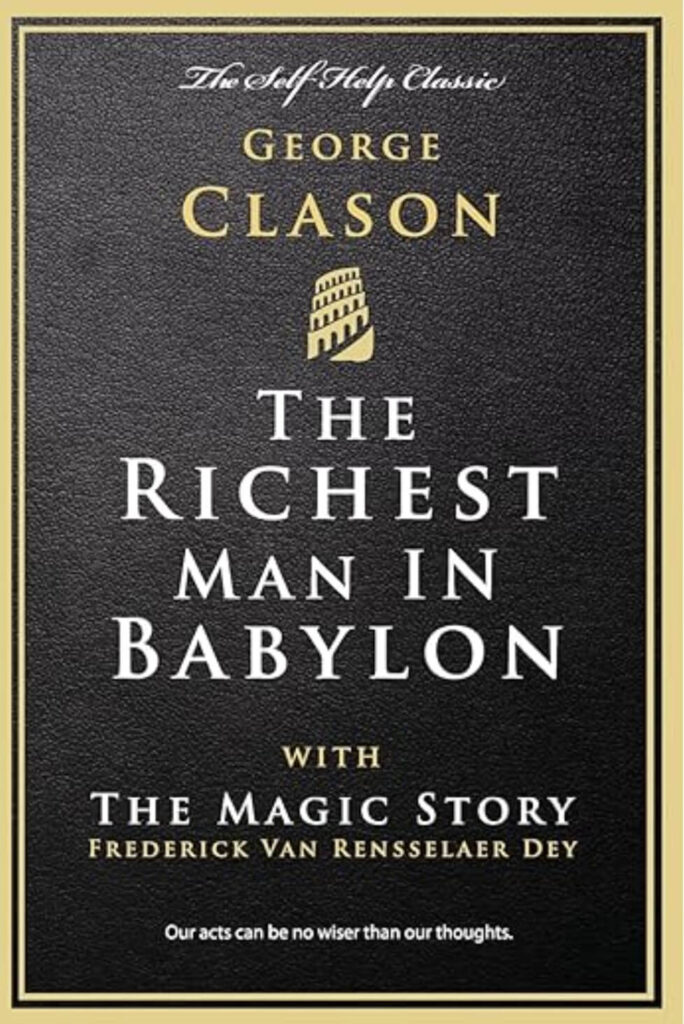For decades, international organizations and powerful nations have told developing countries that there’s only one way to grow: open up your markets, shrink your governments, follow the rules of the global economy — and prosperity will follow. But what if those rules are rigged? And what if the “one-size-fits-all” model doesn’t actually fit anyone?
In Reclaiming Development: An Alternative Economic Policy Manual, Ha-Joon Chang and Ilene Grabel offer a powerful counter-narrative. More than just a critique of neoliberalism, this book is a practical guide for countries trying to carve their own economic path — one rooted in history, flexibility, and strategic thinking.
Published in 2004, this book remains a crucial resource for policymakers, students, and activists working to challenge economic orthodoxy and reclaim national development as a sovereign right.
💡 Why This Book Still Hits Home
Even 20 years later, the issues Reclaiming Development addresses — debt crises, structural adjustment, financial instability, and institutional overreach — are far from resolved. In fact, they’ve only intensified in many regions.
Chang and Grabel’s argument is simple but radical: economic policy must be driven by national priorities, not imposed ideologies. That means rejecting the rigid formulas handed down by the IMF, World Bank, and WTO in favor of solutions that work for specific countries, cultures, and challenges.
🧠 The Core Idea
At its heart, Reclaiming Development is about restoring policy space — the ability of nations to make economic decisions without external coercion or dogma. The authors show that:
⦁ Many policies pushed on the Global South (like financial liberalization, privatization, and austerity) lack strong empirical support.
⦁ Countries that ignored neoliberal advice — from China to Chile to Malaysia — often fared better than those that followed it.
⦁ Development should be driven by learning, experimentation, and historical awareness, not abstract models or foreign blueprints.
The book draws not just on theory, but on the real experiences of countries that managed to grow without surrendering to market fundamentalism.
📚 Structure of the Book
Reclaiming Development is written as a “policy manual,” but it reads more like a thoughtful, readable field guide. It’s structured into short chapters that each tackle a major area of economic policy:
- Trade and Industrial Policy
Challenges the idea that free trade is always beneficial. The authors argue for selective protectionism, export discipline, and government support for key industries. - Finance and Investment
Critiques the rush toward capital account liberalization. They show how speculative finance can destabilize economies and advocate for capital controls and strategic financial regulation. - Privatization and Public Services
Reveals how privatization — especially of utilities, health, and education — often leads to worse services and higher inequality. Instead, they propose reforming public institutions rather than selling them off. - Governance and Corruption
Argues that corruption is a symptom, not a cause, of underdevelopment — and that good governance comes from building state capacity, not importing laws or consultants. - The Role of the State
Defends state intervention not as a last resort, but as a driver of development. The state must coordinate investment, support innovation, and steer the economy — especially in early stages of industrialization.
Each chapter includes real-world examples and comparative analysis, drawing from countries across Latin America, Asia, and Africa.
✅ Why You Should Read This Book
It’s Both Critical and Constructive
Unlike many critiques of globalization, this book doesn’t just say what’s wrong — it offers clear, actionable alternatives. It’s grounded in history, but focused on solutions.
It’s Practical Without Being Technocratic
You don’t need an economics degree to understand the arguments. The book speaks to policymakers, development workers, students, and activists alike — anyone involved in shaping economic futures.
It Champions the Global South
Chang and Grabel don’t talk about developing countries — they talk with them, drawing on their experiences and emphasizing their agency in crafting policy.
🎯 Real-World Relevance
Reclaiming Development has only grown more important as the flaws of globalization have become harder to ignore:
⦁ After COVID-19, countries began rethinking supply chains and rediscovering the need for industrial capacity.
⦁ The climate crisis demands bold public investment — something neoliberalism discourages.
⦁ Debt and austerity are once again being pushed on low-income countries, echoing past mistakes.
In all these contexts, the book’s central lesson holds: one-size-fits-all economics doesn’t work, and countries must be free to pursue the strategies that meet their unique challenges.
⚠️ Where the Book May Challenge You
It Pushes Back Hard Against Orthodoxy
If you’ve been trained in mainstream economics or work within institutions like the World Bank or IMF, this book may feel like a frontal assault. But even critics have acknowledged the depth of its research and the strength of its logic.
It’s Nuanced, Not Dogmatic
This is not a manifesto for state control or a rejection of all market mechanisms. Rather, it argues for balance and pragmatism — which may frustrate readers looking for ideological purity.
💬 What Readers and Critics Say
“An indispensable guide” — Development scholars and NGO leaders have praised the book for providing a roadmap that combines critical insight with real-world relevance.
“Bold, lucid, and hopeful” — Reviewers highlight its accessible tone and emphasis on agency, experimentation, and learning.
“A breath of fresh air” — For policymakers weary of externally imposed models, the book is empowering and intellectually liberating.
📈 Final Verdict: ★★★★★ (5/5)
Reclaiming Development is a brilliant and timely manual for an economic world in flux. It combines rigorous analysis with practical alternatives, challenging global institutions to respect national sovereignty — and urging developing countries to reclaim the right to think, plan, and grow on their own terms.
It won’t give you easy answers. But it will give you better questions — and the confidence to believe that development can be done differently, and done better.
For economists, aid workers, policymakers, or engaged citizens, this is not just a book — it’s a toolkit for building a fairer global economy.




